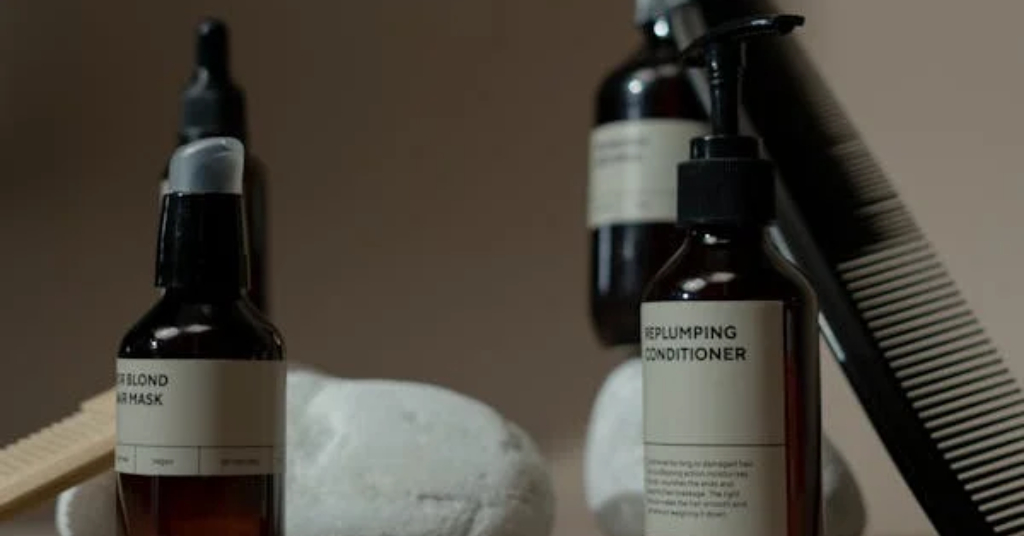
Unlock the Secret to a Healthy Scalp: The Ultimate Solution for Scalp Problems with the Right Shampoo
A healthy scalp is the foundation for strong, vibrant hair. However, many people suffer from scalp issues that can lead to discomfort and hair loss. From dandruff to dryness, oily scalps to irritation, these problems are not just cosmetic—they can significantly affect your confidence and overall well-being. Fortunately, the right shampoo can provide a definitive solution to these common scalp concerns.
Understanding Common Scalp Problems
- Dandruff: Often caused by an overgrowth of yeast on the scalp, dandruff is characterized by white flakes and itching. It’s not just embarrassing, but it can also be uncomfortable.
- Dry Scalp: This condition occurs when the scalp doesn’t produce enough natural oils, leading to flakiness and tightness. A dry scalp can be particularly troublesome in cold weather or dry climates.
- Oily Scalp: An oily scalp results from overactive sebaceous glands. While natural oils are necessary for healthy hair, too much can lead to greasiness, clogged pores, and even scalp acne.
- Scalp Irritation: Irritation can be caused by various factors, including harsh hair products, environmental stressors, or even an allergic reaction. It often manifests as redness, itching, and sometimes small bumps.
The Power of the Right Shampoo
Choosing the right shampoo is crucial in addressing these scalp issues. Here’s how the right product can make a difference:
- For Dandruff: Look for shampoos containing active ingredients like zinc pyrithione, ketoconazole, or selenium sulfide. These ingredients help reduce the yeast population on the scalp and prevent flaking.
- For Dry Scalp: Opt for moisturizing shampoos with ingredients such as glycerin, hyaluronic acid, and coconut oil. These components help to hydrate the scalp and retain moisture.
- For Oily Scalp: Shampoos with salicylic acid or tea tree oil can help to regulate oil production and cleanse the scalp effectively, removing excess sebum without stripping the scalp of necessary moisture.
- For Scalp Irritation: Gentle, hypoallergenic shampoos free from sulfates, parabens, and artificial fragrances are ideal. Ingredients like aloe vera, chamomile, and witch hazel can soothe and calm an irritated scalp.
How to Use Shampoo Effectively
- Don’t Overwash: Washing your hair too frequently can strip the scalp of its natural oils, leading to dryness or prompting it to produce more oil in compensation. Aim to wash your hair 2-3 times a week, or as recommended by a dermatologist based on your scalp type.
- Massage Gently: When shampooing, massage the product into your scalp gently with your fingertips to stimulate blood flow without causing irritation.
- Rinse Thoroughly: Ensure all shampoo is rinsed out to avoid product buildup, which can lead to scalp problems.
Conclusion: Your Path to a Healthy Scalp
A healthy scalp is the key to beautiful hair. By understanding your scalp’s needs and selecting the right shampoo, you can effectively address common scalp issues and maintain scalp health. Remember, the best shampoo is one that caters specifically to your scalp type and concerns. Whether you’re dealing with dandruff, dryness, oiliness, or irritation, there’s a shampoo out there that can offer a definitive solution—leaving your scalp healthy and your hair looking its best.
Start your journey to a healthier scalp today by choosing the right shampoo tailored to your specific needs. Your scalp will thank you, and so will your hair!
Services we Provide:
| Service Category | Description |
|---|---|
| In-vitro Efficacy Testing | Testing cosmetic products using the RHE tissue model of Episkin to evaluate product claims such as anti-aging, moisturizing, and skin barrier enhancement. |
| Safety Testing | Assessment of skin irritation, corrosion, and sensitization potential using the RHE tissue model of Episkin. |
| Skin Irritation Tests | Evaluating potential skin irritation of cosmetic ingredients and formulations using the RHE model. |
| Skin Corrosion Tests | Determining the corrosive potential of cosmetic products using the RHE tissue model. |
| Barrier Function Tests | Testing the ability of cosmetic products to maintain or enhance skin barrier function with the Episkin model. |
| Photographic Analysis | Capturing high-resolution images of the Episkin model before and after treatment to support efficacy claims visually. |
| Regulatory Compliance Support | Providing data from in-vitro testing with the Episkin model to support regulatory submissions and claims validation. |
